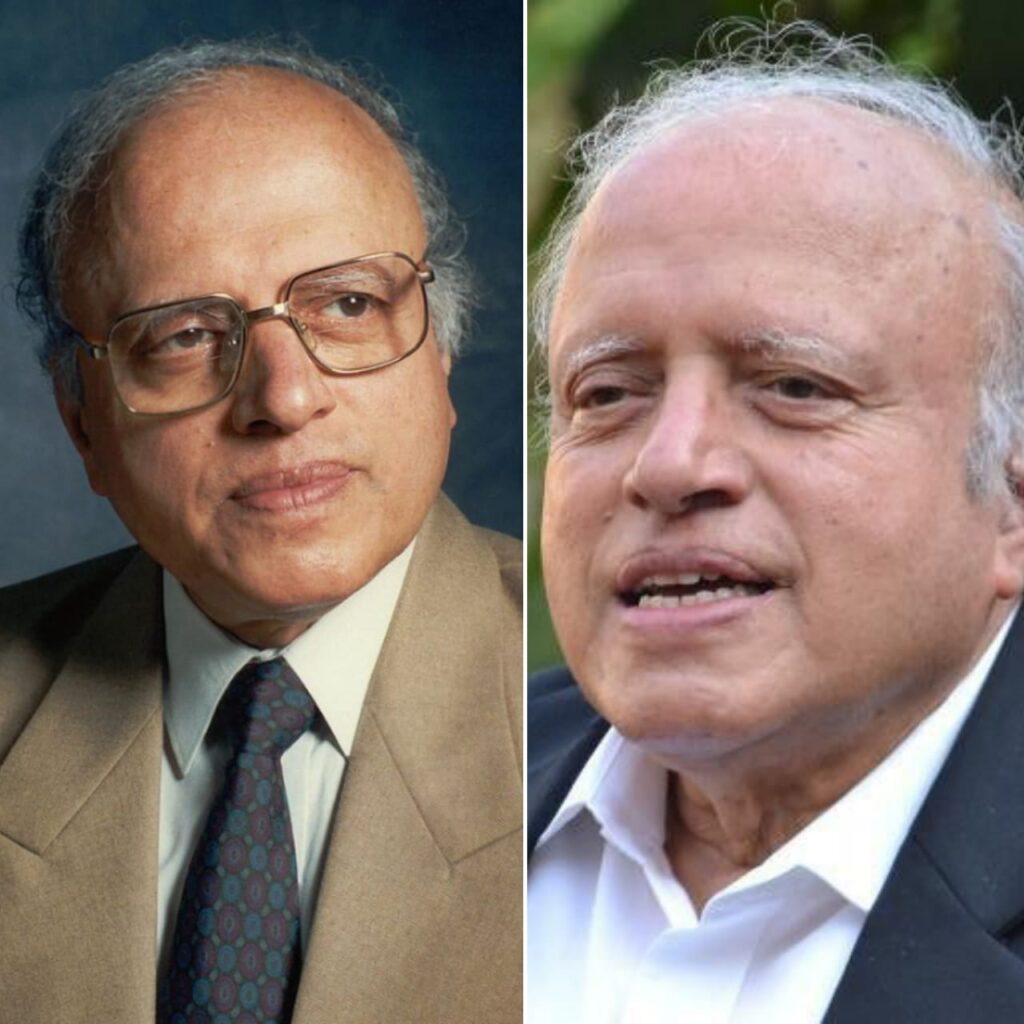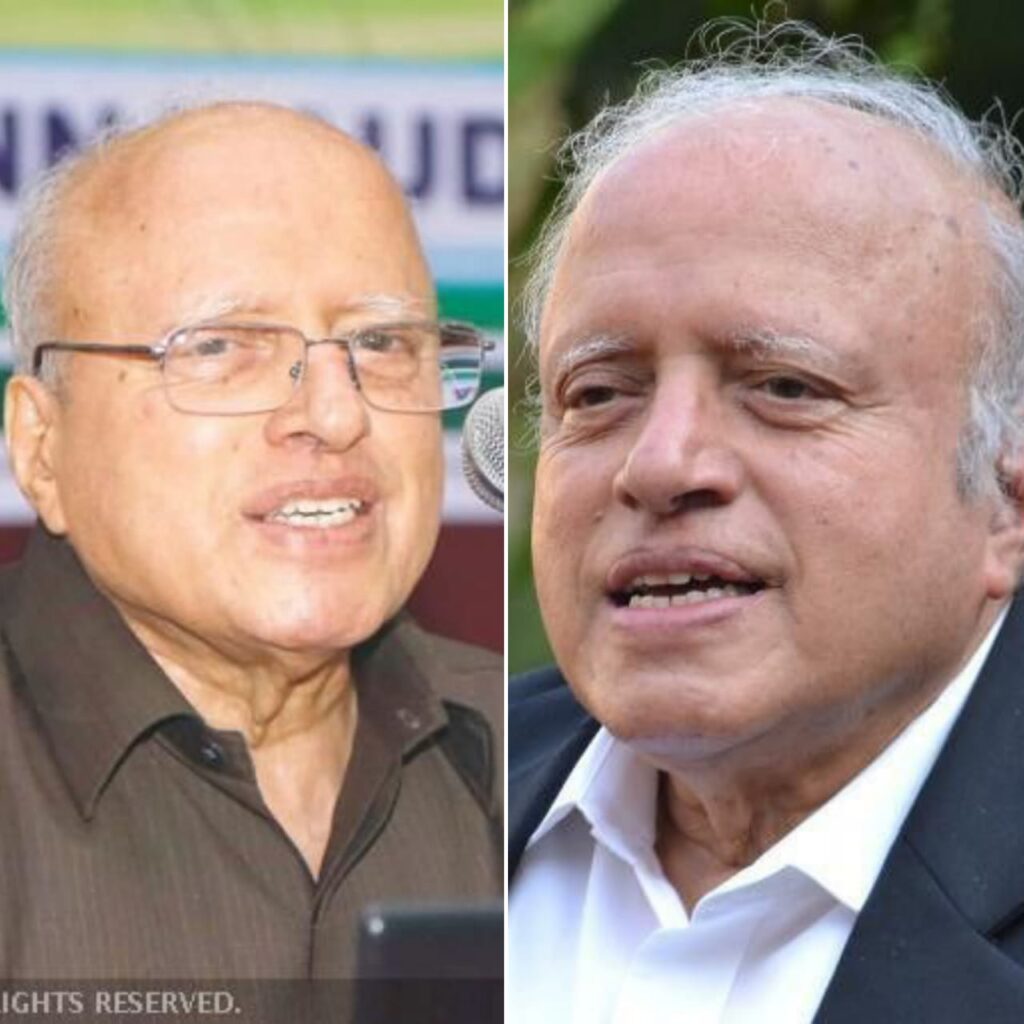
MS Swaminathan, father of India’s ‘Green Revolution’, passes away at the age of 98
Swaminathan played a key role in developing high-yielding varieties of paddy, which helped ensure that India’s low-income farmers produced higher yields.
Renowned agricultural scientist and father of India’s ‘Green Revolution’ Mankombu Sambasivan Swaminathan (MS Swaminathan) died on Thursday in Chennai at the age of 98.
Born on August 7, 1925 in Thanjavur district of Tamil Nadu, he was an agronomist, agricultural scientist, plant geneticist, administrator and humanitarian who played a key role in developing high-yielding varieties of paddy, which helped ensure So that India’s low-income farmers produce more.
Swaminathan began his career in 1949 by researching the genetics of potato, wheat, rice and jute. When India was on the brink of a massive famine, leading to food shortages, Swaminathan collaborated with Norman Borlaug and other scientists to develop seeds of a high-yielding variety of wheat.
Swaminathan, known as the “Father of Economic Ecology” by the United Nations Environment Programme, worked with agriculture ministers including C Subramaniam and Jagjivan Ram during the 1960s and 70s for the success of the ‘Green Revolution’, An initiative that paved the way for rapid increase in wheat and rice productivity through adaptation of chemical-biological technology.
